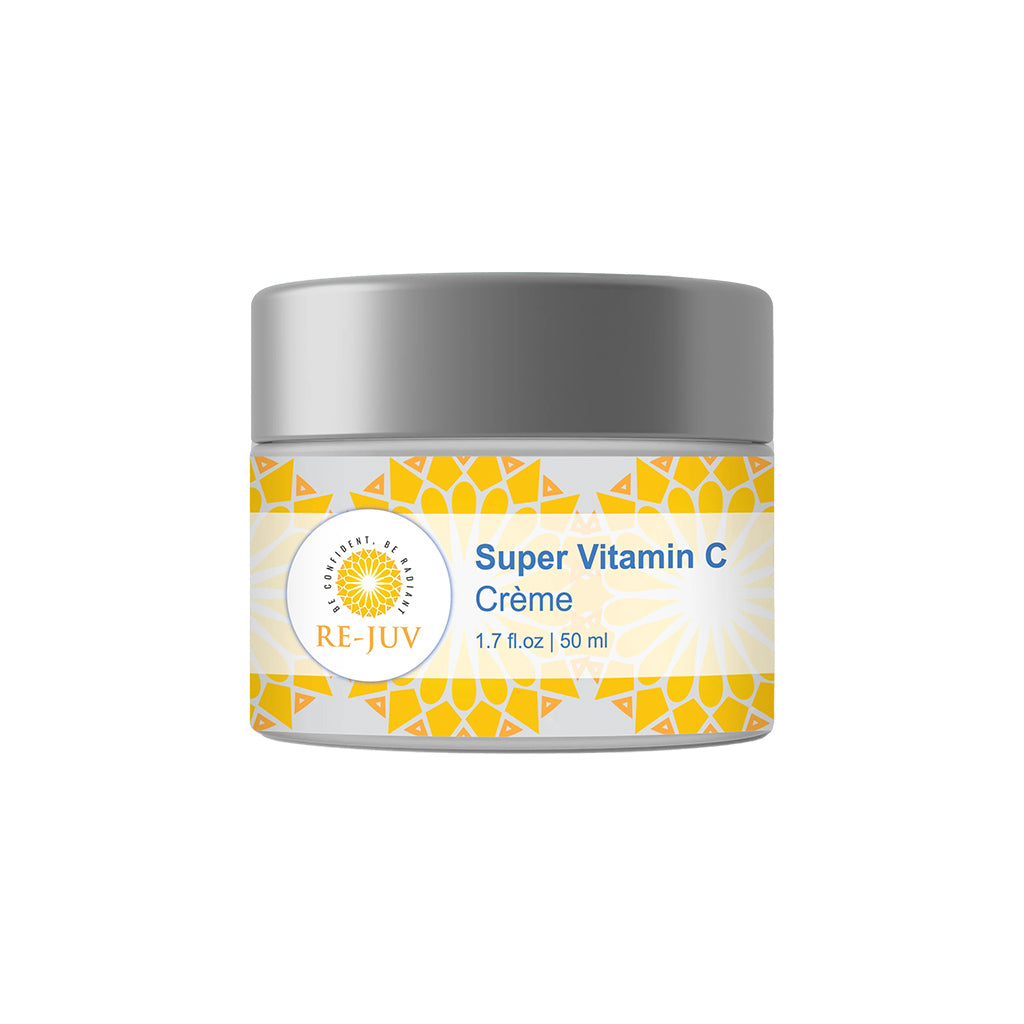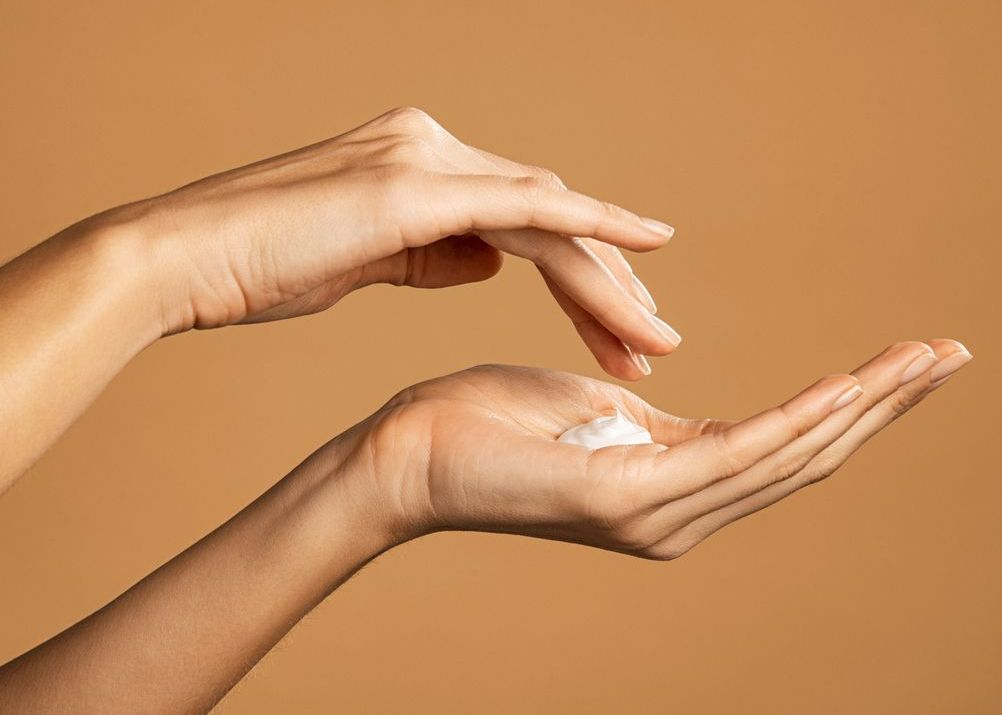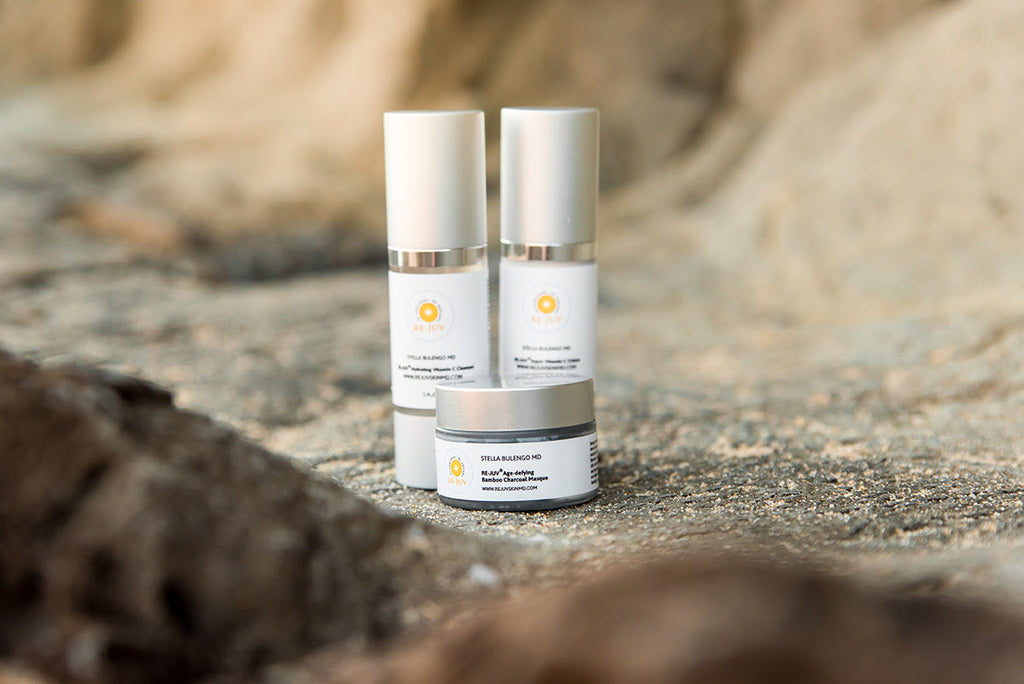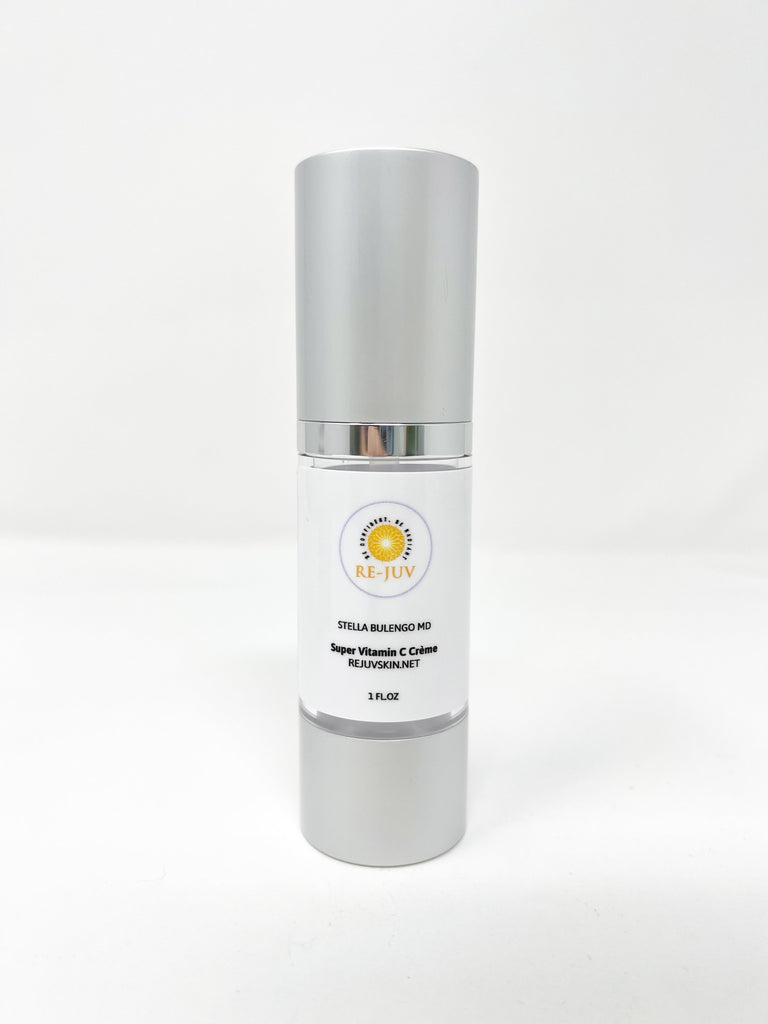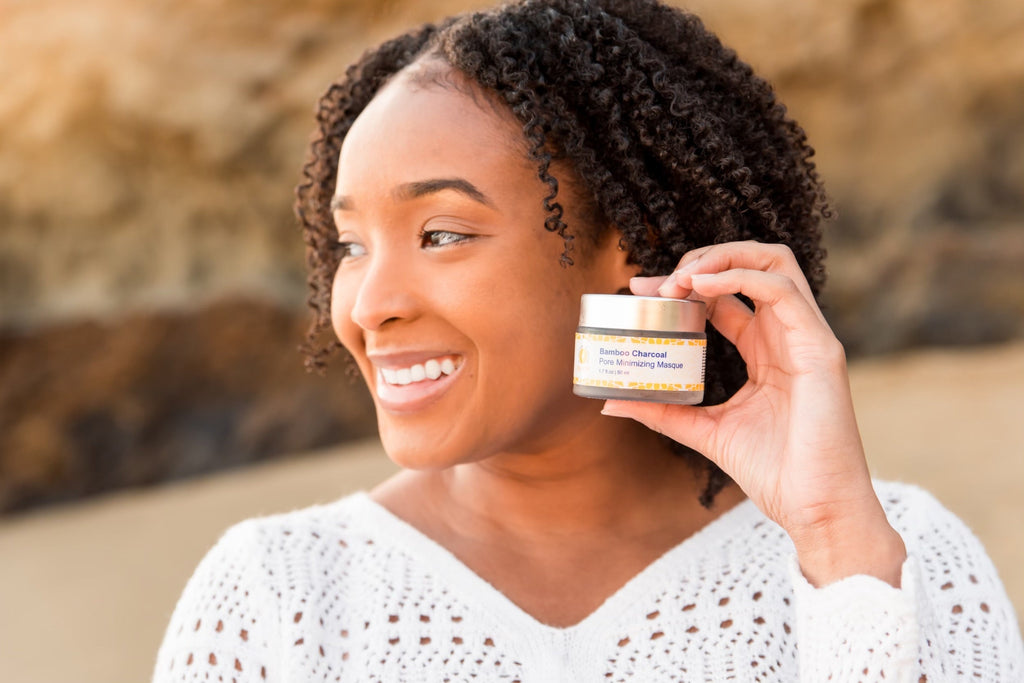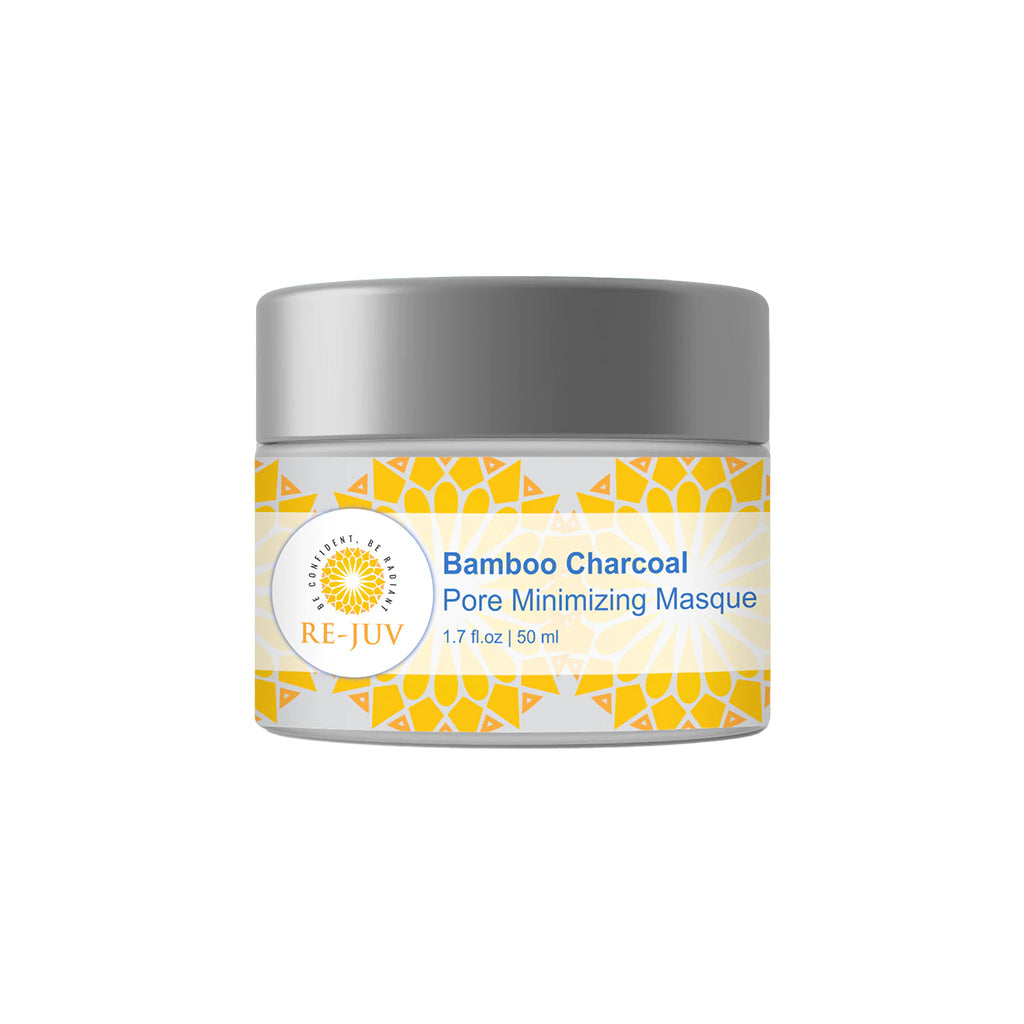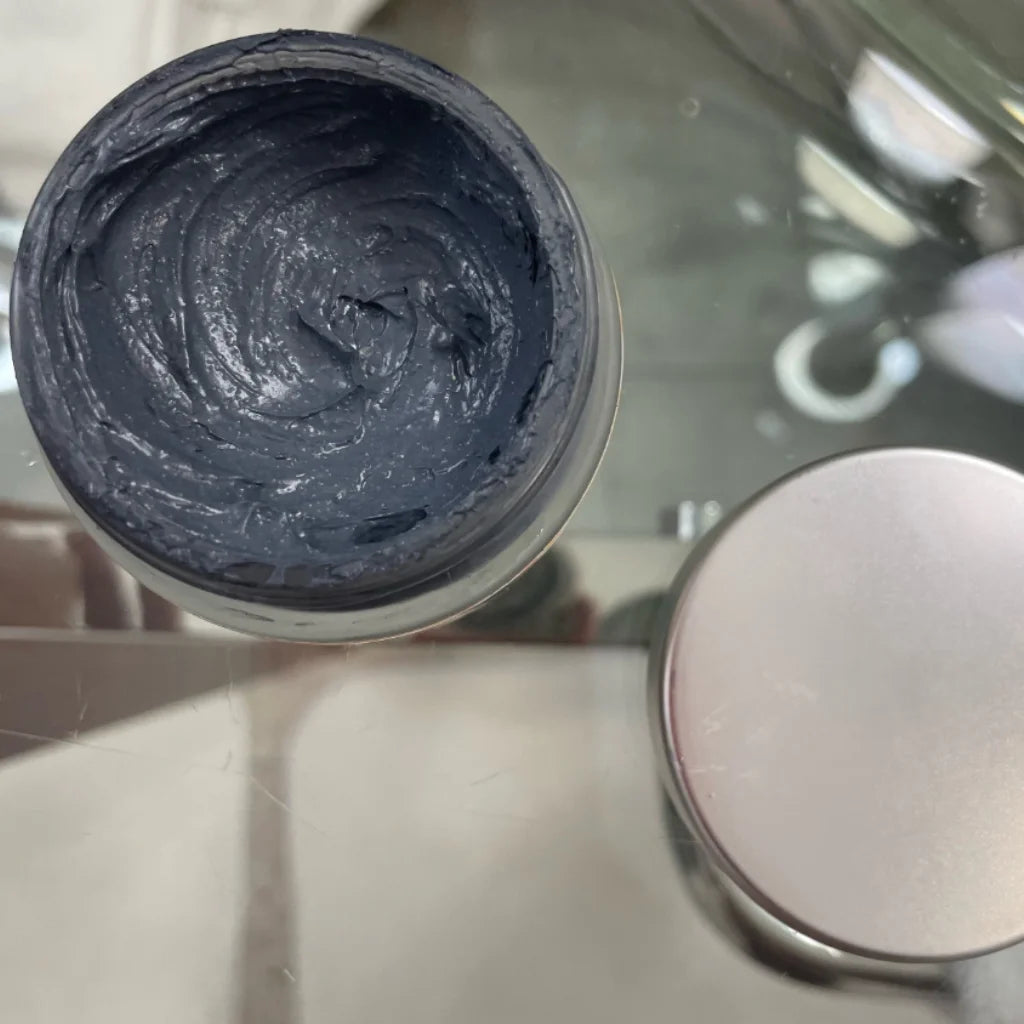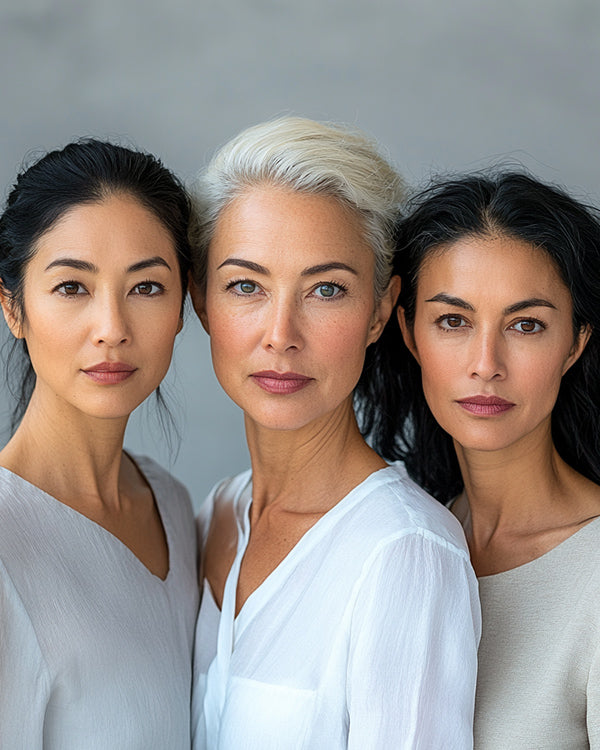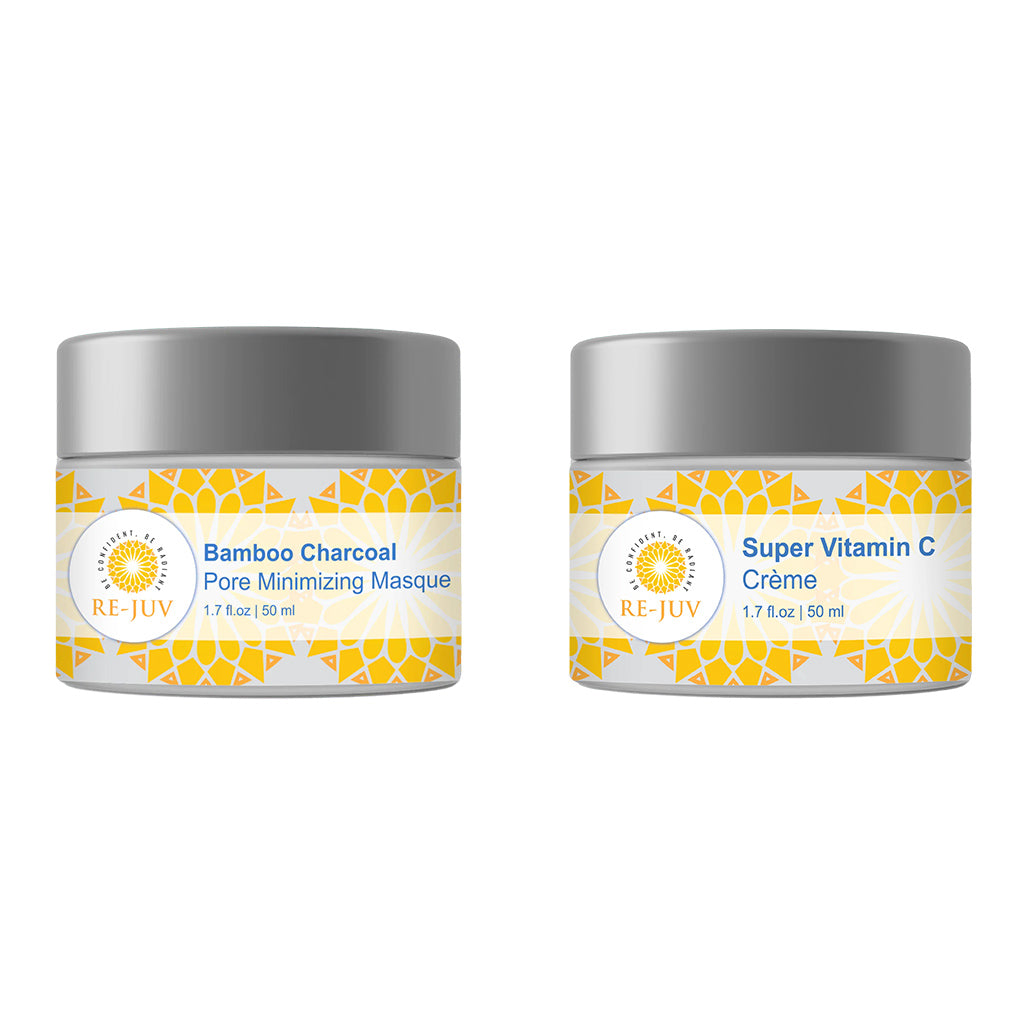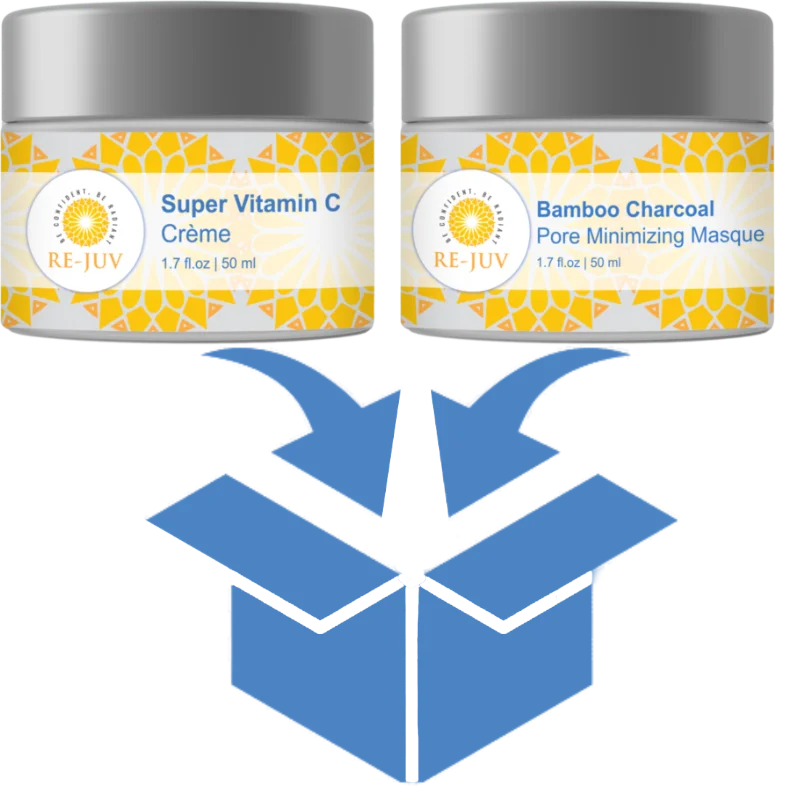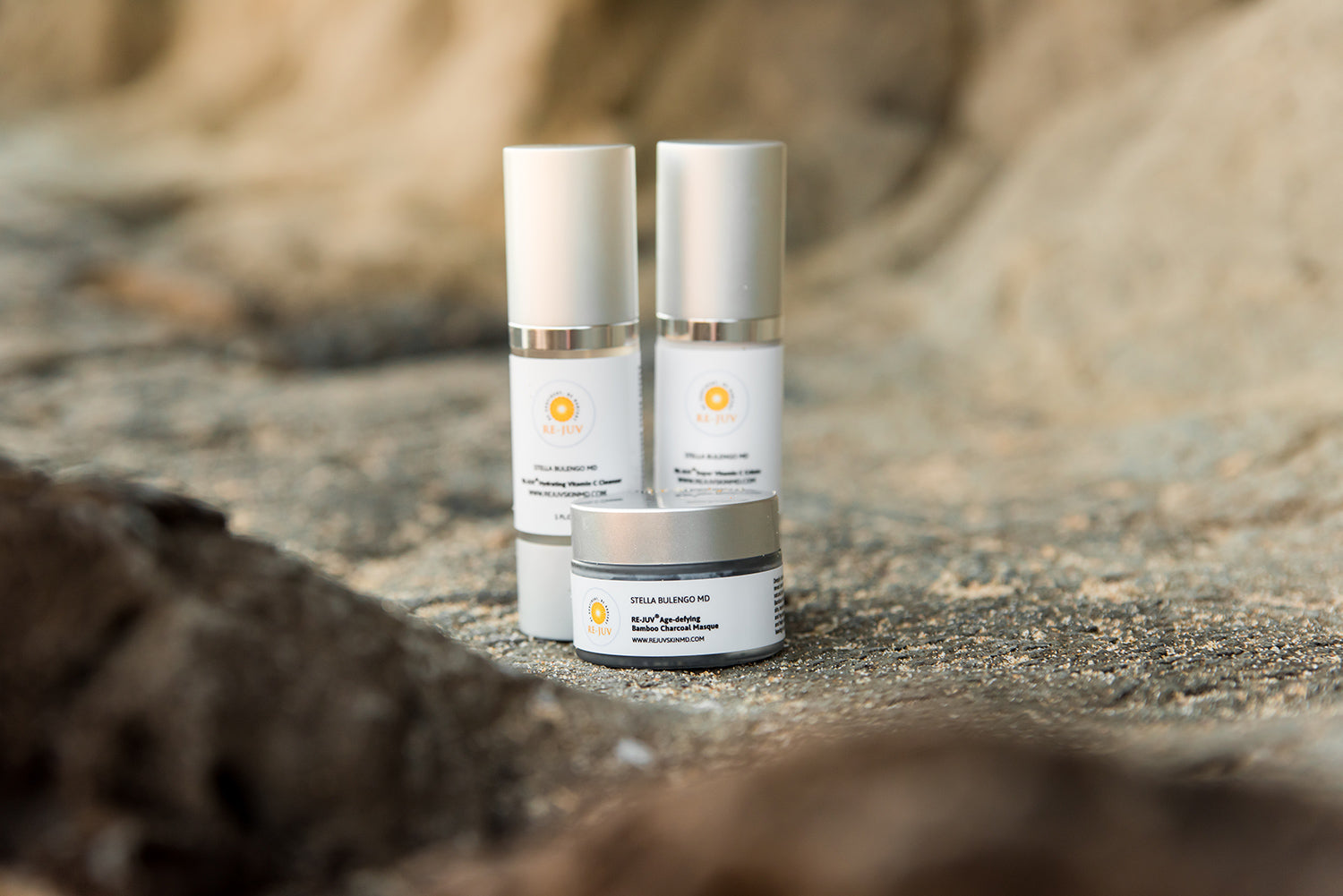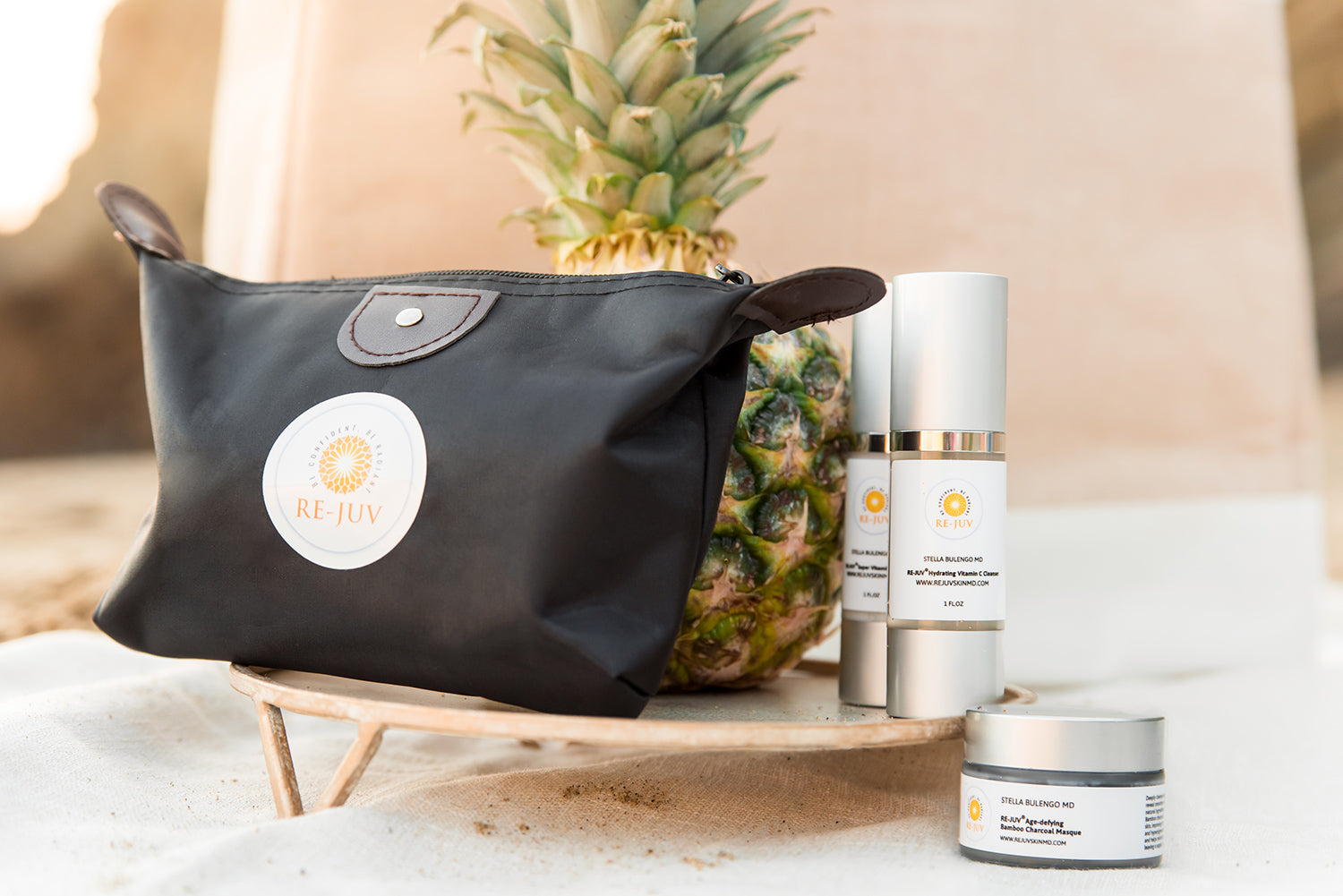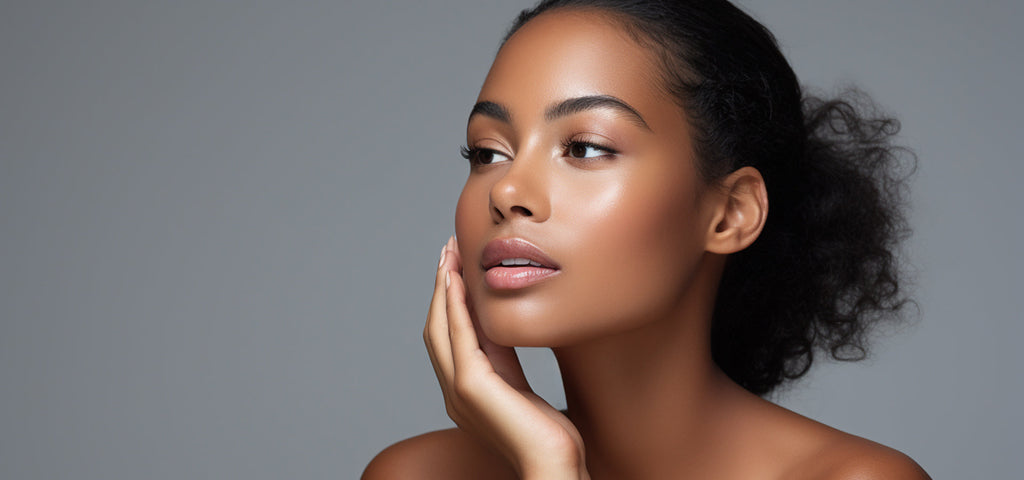
SKIN CARE TIPS: IS A MOISTURIZER WITH SUNSCREEN GOOD?

SUMMER SUNSCREEN SKIN CARE TIPS:
As a dermatologist I frequently get asked questions about sunscreen. Here are skin care tips about moisturizers with sunscreens SPF (Sun protection factor or skin-protecting filter). SPF indicates how long sunscreen will protect your skin from a sunburn. Sunscreens have chemical ingredients, they are layered and absorbed in the skin to filter out harmful UVB sun rays, while sun blocks are mineral sunscreens i.e. Zinc oxide or Iron oxide that work by shielding the skin by deflecting the sun's rays. Sun blocks provide broad spectrum sun protection from UVA/UVB rays.
Is a moisturizer with SPF as good as sunscreen alone?
Yes, but only if the moisturizer has ingredients with a high SPF level 30 and above. It is important to know that studies have found that combination products are less sun protective compared to sunscreens. The good news is, you can now find sunscreens that are not drying and combine moisturizers.
Also for effective sunscreen protection, sunscreen needs to be applied to all skin and every 2 hours to exposed skin when outdoors to avoid sun burns. Be aware if the sun index is high and sun exposure is prolonged one can still burn. See recommendations below to avoid this.
Do you need both a moisturizer and sunscreen?
If your skin is dry you may need a moisturizer, but you can now find options with everything in one - a sunscreen moisturizer. This saves you money and time during your morning skincare routine.
You can select sunscreens based on your skin type: oily, acne-prone, dry skin, etc. Now there are creamy, ultralight formulations, silky sunscreen oils, serums, water-based, water-proof, gel-based, tinted, matte-based great for under makeup. Many options are available.
How long should you wait to apply moisturizer after sunscreen?
There is no set time, because the time for a skin care product to be absorbed or penetrate the skin and feel dry varies with formulations, depending on the type of sunscreen, for example sprays and gels are absorbed faster by the skin.
Is it okay to replace moisturizer with a sunscreen in the morning?
Yes, if the sunscreen is also a moisturizer it can replace a moisturizer. This is better and removes an extra step of applying moisturizer, plus it is less costly.
Do people with dark skin need to wear sunscreen?
People with dark skin are still at risk of sunburn and skin damage. Wearing sunscreen/sunblock, hats, protective clothing when outdoors is a precautionary measure against skin cancer regardless of skin color. It also avoids pigmentary changes, skin aging and uneven skin tone from the sun's rays.
Do you apply foundation or sunscreen first?
You apply sunscreen before your other products. If applying skin medications consult with your dermatologist. To work correctly chemical sunscreens must be absorbed into the skin, therefore, you want to apply them before your other products. Now you can top off with a foundation that has additional sunscreen.
SUNSCREEN APPLICATION TIPS:
- Clean your face with a gentle cleanser like RE-JUV® Hydrating Vitamin C Cleanser which has plant-based ingredients and gently cleanses and hydrates your skin or use one you prefer for your skin type and then dry your face.
- Apply the sunscreen preferably SPF 30 or above to dry skin and allow a few minutes for it to be absorbed into your skin before applying your moisturizer and foundation/makeup.
Advice: Remember to apply the sunscreen to other areas than your face i.e. the neck, arms, exposed skin and re-apply every 2 hours if outdoors. A higher SPF 50-100 is recommended if you are outdoors for awhile, be aware one can still get a sun burn. You want to avoid sun burns since they predispose to skin cancer. Staying hydrated and in the shade or indoors in hot weather is advised. Avoid the sun especially at peak hours of noon to 4 pm. Hats, umbrellas, sun glasses and sun protective clothing are highly recommended. Remember the risk of a sunburn from UV light reflection is increased on foggy days, when in water, at higher altitudes and from the snow.
Enjoy your Summer. Be sun safe!
Author: Stella M. Bulengo, MD, FAAD, FASDP
Board certified in Dermatology & Dermatopathology
Founder RE-JUV® SKIN MD July 29, 2023

